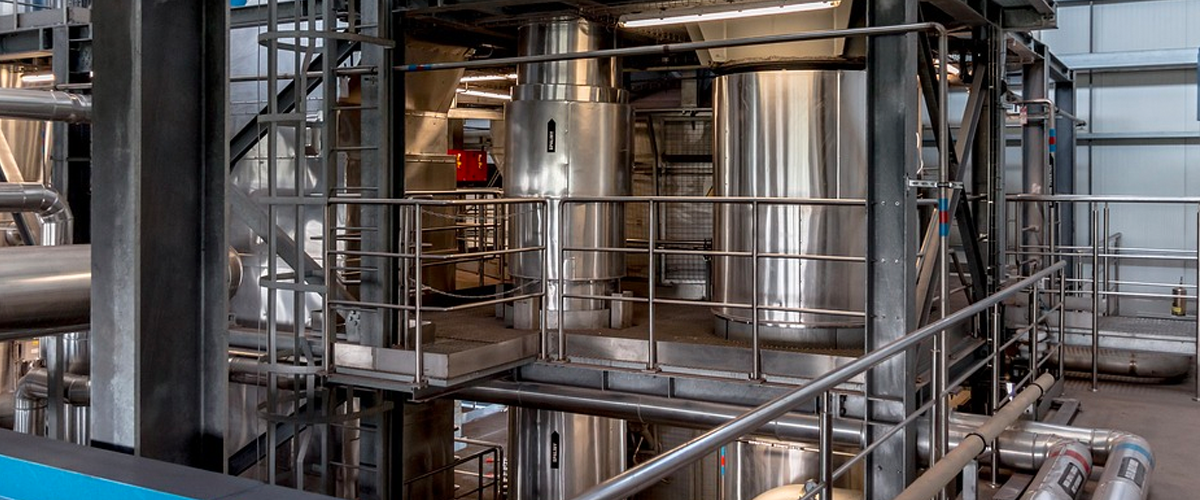| Thomas Arkell

This article explores the current state of the lithium market, including the recent crash in prices and the emergence of a potential cartel in the industry.
The lithium market is experiencing significant changes, with prices falling and a potential cartel emerging. Lithium prices, which reached their peak in 2018, have since plummeted, leading to a decline in the market's attractiveness.
According to a report by Benchmark Mineral Intelligence, the lithium price index fell by 47% in 2019, and the decline continued in 2020. As a result, many companies have been forced to re-evaluate their lithium projects, leading to delays or even cancellations.
However, this downward trend may not continue indefinitely. As demand for electric vehicles and renewable energy storage systems grows, the need for lithium will increase as well. This could lead to a resurgence in the lithium market in the coming years.
Furthermore, a cartel may be forming among the largest lithium producers, which could have a significant impact on the market. The three largest producers, Albemarle, SQM, and Livent, control approximately 50% of the global lithium market.
These three companies have been increasing their production capacity, while smaller producers have struggled to compete in the market.
In addition, the Chinese government has been acquiring stakes in lithium producers around the world, further consolidating the market.
The formation of a cartel could have both positive and negative effects on the market. On one hand, it could lead to stable prices and increased production efficiency. On the other hand, it could limit competition and prevent new players from entering the market.
The impact of the potential cartel on lithium stocks is already evident. The three largest producers have seen their share prices rise in recent months, while smaller companies have struggled to keep up.
Despite the current market conditions, several companies are still investing in lithium projects. One such company is Piedmont Lithium, which has recently signed a five-year agreement to supply Tesla with lithium. The deal could help the company secure financing for its planned lithium mine in North Carolina.
Another company that is investing in lithium is Rio Tinto, which is developing a lithium project in Serbia. The company recently announced that it had discovered a high-grade lithium deposit at the site, which could potentially be one of the largest in the world.
In conclusion, while the lithium market is currently experiencing a decline in prices and a potential cartel formation, the future of the market remains uncertain. The demand for lithium is likely to increase in the coming years, and the formation of a cartel could have both positive and negative effects on the market.
Companies that are able to adapt to these changes and invest in promising lithium projects may be well-positioned for success in the long term.
To find out more about how we analyse the #lithium and #lithium-ion supply chain please contact: admin@carringtonday.com
#lithium #lithium-ion #indutryinsights #supplychain #newenergy



